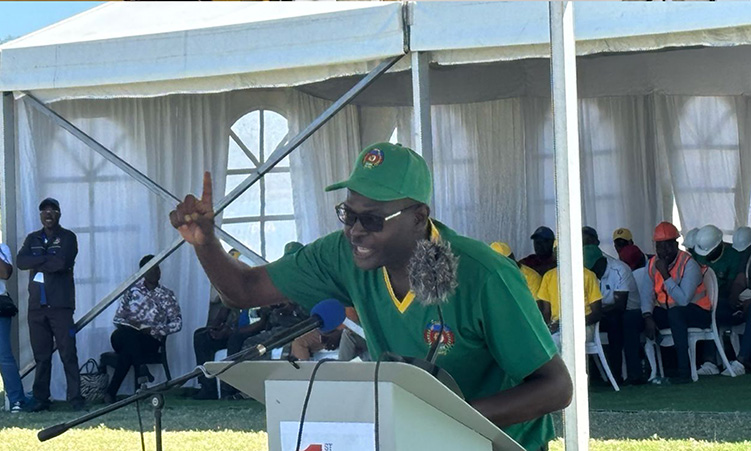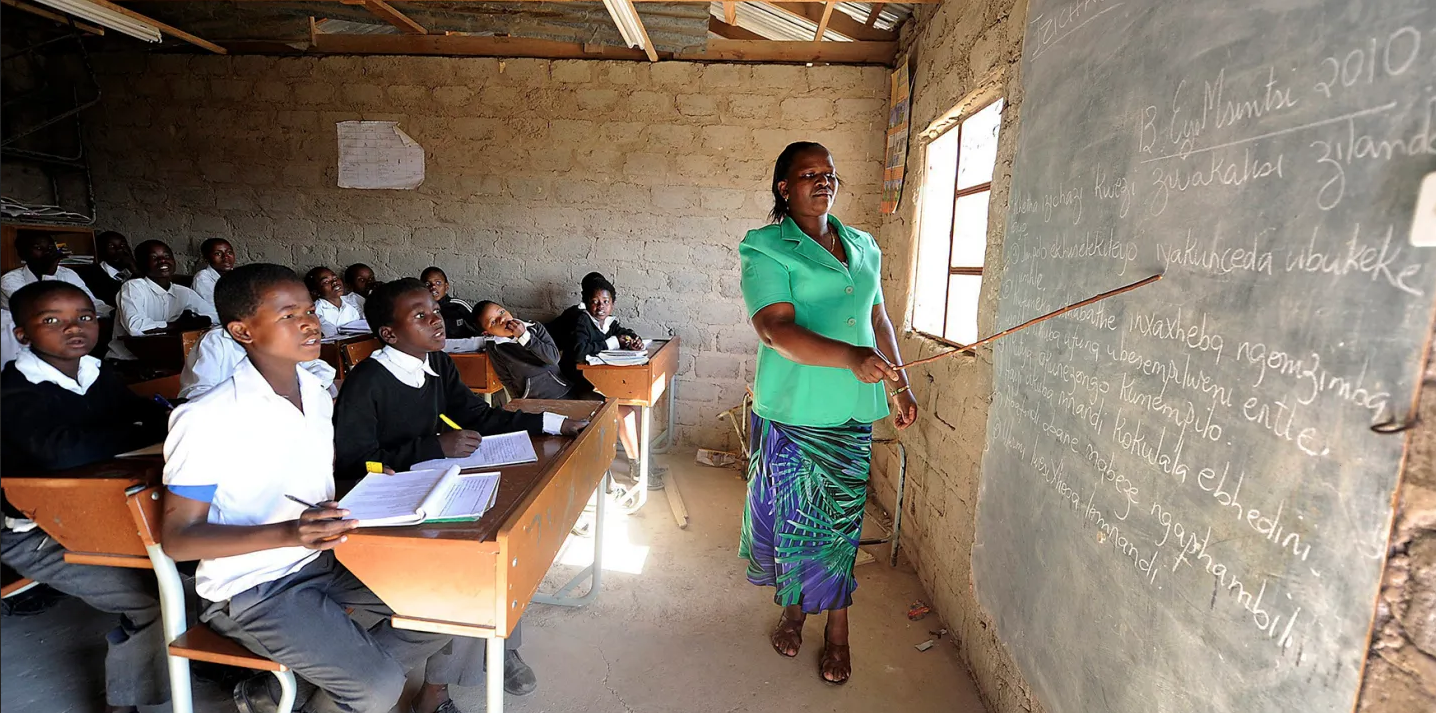THE people and the government of the United States are very concerned about the political crisis in Zimbabwe, and our foreign policy is dedicated to supporting the people of Zimbabwe in their efforts to restore democracy, allow for economic recovery, and ensure that their will is respected.
In this context we join a large number of like-minded countries which also are concerned about the situation in Zimbabwe and its impact on the region. United Nations Deputy Secretary General Migiro called the situation in Zimbabwe the “single greatest challenge to regional stability in southern Africa”.The relationship between the peoples of Zimbabwe and the United States goes back to the founding of the nation in 1980.Since then, over US$1,3 billion of US taxpayer assistance has strengthened this relationship, underscoring its importance to us.Over the course of this year, the US government has donated US$165 million in food assistance to Zimbabwe.We look forward to the resumption of humanitarian field operations so that further food assistance may be delivered to those in need.DIFFERENTIATING Last year, we provided US$175 million in food and non-food emergency assistance.Since 2002, the US government has provided more than US$600 million in humanitarian assistance in Zimbabwe, and US$150 million for the fight against HIV-AIDS since 2000.We also have maintained our trade relations with Zimbabwe.From 2002-2006, Zimbabwe exported more to the United States than it imported.In 2006, total trade between our nations was just over US$150 million, with Zimbabwe having nearly a US$56 million trade surplus.In 2007, total trade increased to US$177 million with Zimbabwe importing US$33,5 million more than it exported to the US.While we support the people of Zimbabwe through humanitarian assistance and trade, the US has implemented travel and financial sanctions against certain designated Zimbabweans who formulate, implement or benefit from policies that undermine Zimbabwe’s democratic institutions or impede the transition to multiparty democracy.These targeted sanctions focus on 135 people and 30 corporate entities, including Robert Mugabe, members of his government and inner circle, and their family members.The point of these restrictions is to send a strong message that the United States will not allow individuals who are responsible for abuses perpetrated against the Zimbabwean people the freedom to operate in our financial markets.US banks and other businesses and individuals subject to US jurisdiction are not allowed to do business with these individuals either.TAXING ISSUES Moreover under US law, American tax dollars may not be used to support any International Financial Institution (IFI) loans, credits, or guarantees to the government of Zimbabwe or for the cancellation of any government of Zimbabwe debt to the United States or IFIs until the President certifies that the rule of law and basic democratic conditions have been restored in Zimbabwe.Even without this US legislation, the IFIs themselves have been critical of the current government’s management of the economy and would be unlikely to extend credit to the government of Zimbabwe without significant reform.The US has taken note that an MOU has been signed by the leaders of the Zanu-PF and both factions of the MDC that provides a vehicle for undertaking talks.We hope this will lead to a negotiation process that will result in a resolution of the political crisis and express the will of the people of Zimbabwe.Dennise Mathieu is the US Ambassador to NamibiaUnited Nations Deputy Secretary General Migiro called the situation in Zimbabwe the “single greatest challenge to regional stability in southern Africa”. The relationship between the peoples of Zimbabwe and the United States goes back to the founding of the nation in 1980.Since then, over US$1,3 billion of US taxpayer assistance has strengthened this relationship, underscoring its importance to us.Over the course of this year, the US government has donated US$165 million in food assistance to Zimbabwe.We look forward to the resumption of humanitarian field operations so that further food assistance may be delivered to those in need. DIFFERENTIATING Last year, we provided US$175 million in food and non-food emergency assistance.Since 2002, the US government has provided more than US$600 million in humanitarian assistance in Zimbabwe, and US$150 million for the fight against HIV-AIDS since 2000.We also have maintained our trade relations with Zimbabwe.From 2002-2006, Zimbabwe exported more to the United States than it imported.In 2006, total trade between our nations was just over US$150 million, with Zimbabwe having nearly a US$56 million trade surplus.In 2007, total trade increased to US$177 million with Zimbabwe importing US$33,5 million more than it exported to the US.While we support the people of Zimbabwe through humanitarian assistance and trade, the US has implemented travel and financial sanctions against certain designated Zimbabweans who formulate, implement or benefit from policies that undermine Zimbabwe’s democratic institutions or impede the transition to multiparty democracy. These targeted sanctions focus on 135 people and 30 corporate entities, including Robert Mugabe, members of his government and inner circle, and their family members.The point of these restrictions is to send a strong message that the United States will not allow individuals who are responsible for abuses perpetrated against the Zimbabwean people the freedom to operate in our financial markets.US banks and other businesses and individuals subject to US jurisdiction are not allowed to do business with these individuals either. TAXING ISSUES Moreover under US law, American tax dollars may not be used to support any International Financial Institution (IFI) loans, credits, or guarantees to the government of Zimbabwe or for the cancellation of any government of Zimbabwe debt to the United States or IFIs until the President certifies that the rule of law and basic democratic conditions have been restored in Zimbabwe. Even without this US legislation, the IFIs themselves have been critical of the current government’s management of the economy and would be unlikely to extend credit to the government of Zimbabwe without significant reform.The US has taken note that an MOU has been signed by the leaders of the Zanu-PF and both factions of the MDC that provides a vehicle for undertaking talks. We hope this will lead to a negotiation process that will result in a resolution of the political crisis and express the will of the people of Zimbabwe.Dennise Mathieu is the US Ambassador to Namibia
Stay informed with The Namibian – your source for credible journalism. Get in-depth reporting and opinions for
only N$85 a month. Invest in journalism, invest in democracy –
Subscribe Now!










